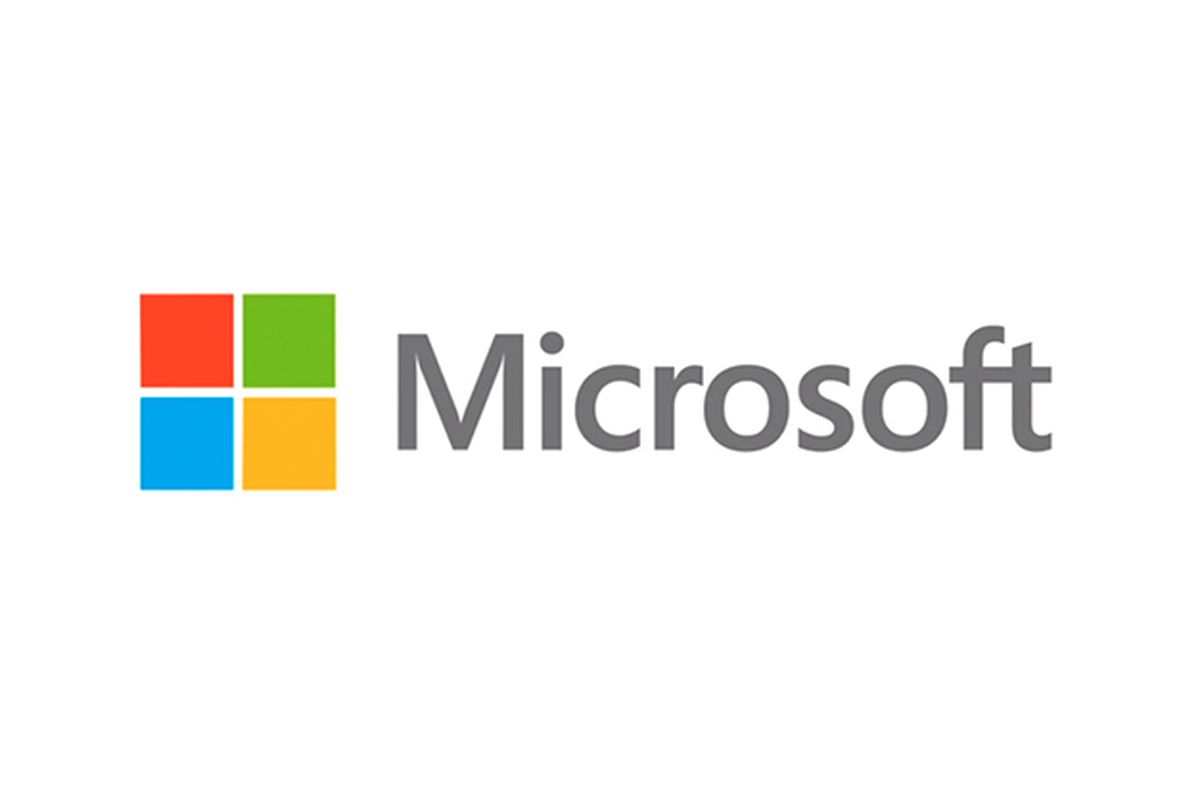Microsoft 70-642 TS: Windows Server 2008 Network Infrastructure, Configuring
Become familiar with an array of networking technologies.
StudyOnline247
Summary
- Exam(s) / assessment(s) not included in price, and must be purchased separately
Overview
This course will teach students how to configure and troubleshoot Windows server 2008 R2 Sp1 network infrastructures. This includes the use of networking technologies such as DNS, DHCP, IPv4 and IPv6 network addressing. You will also learn about network storage, routing and remote access.
Certification
Microsoft Certified Professional (MCP)
Description
What you will learn:
- Name resolution
- Subnetting Ipv4 networks
- Monitoring DHCP
- Configuring printing
- Configuring IPv6
Why study online?
Technological improvements and advances in educational design mean that studying online is no longer just a low cost alternative to traditional training methods. In many respects our online courses offer training which is superior to the majority of available “classroom” options.
Not only is the effectiveness of the training process enhanced, but also the convenience and overall cost efficiency of studying online makes it a compelling option for training. You can learn at your own pace and can repeat each section as many times as required unlike in a classroom environment.
Studying at your own pace, rewinding and going over the material as often as you need improves your long-term memory retention and makes studying more rewarding.
Curriculum for the Microsoft 70-642 TS: Windows Server 2008 Network Infrastructure, Configuring course:
Chapter 01: Installing and Configuring Windows Services
Intro
Installing Windows Servers Part 1
Installing Windows Servers Part 2
Installing Windows Servers Part 3
Managing Server Roles And Features Part 1
Managing Server Roles And Features Part 2
Windows Server 2008 Server Care Installations Part 1
Windows Server 2008 Server Care Installations Part 2
Installing And Configuring Windows Services Summary
Chapter 02: TCP/IP Protocol Suite
Overview Of TCPIP Part 1
Overview Of TCPIP Part 2
TCPIP Addressing Part 1
TCPIP Addressing Part 2
Communication Types
Name Resolution Part 1
Name Resolution Part 2
Name Resolution Part 3
Name Resolution Part 4
Dynamic IP Addressing
TCPIP Tools
TCPIP Protocol Suite Summary
Chapter 03: Configuring IPv4 Addressing
Overview Of IPv4 Communication Part 1
Overview Of IPv4 Communication Part 2
Subnetting IPv4 Networks Part 1
Subnetting IPv4 Networks Part 2
Subnetting IPv4 Networks Part 3
Configuring IPv4 Addressing Summary
Chapter 04: Configuring IP Address Assignment Services
Overview Of DHC Part 1
Overview Of DHC Part 2
Configuring DHCP Scopes And Options Part 1
Configuring DHCP Scopes And Options Part 2
Configuring DHCP Scopes And Options Part 3
Managing The DHCP Database
Monitoring And Troubleshooting DHCP Part 1
Monitoring And Troubleshooting DHCP Part 2
Configuring IP Address Assignment Services Summaries
Chapter 05: Configuring IPv6 Addressing
Introduction To IPv6 Part 1
Introduction To IPv6 Part 2
Unicast Ipv6 Addresses
Configuring IPv6 Part 1
Configuring IPv6 Part 2
Configuring IPv6 Addressing Summary
Chapter 06: Configuring Name Resolution Services
Overview Of DNS Part 1
Overview Of DNS Part 2
Configuring The DNS Server Role Part 1
Configuring The DNS Server Role Part 2
Configuring The DNS Server Role Part 3
Configuring The DNS Server Role Part 4
Configuring The DNS Server Role Part 5
Manage And Troubleshooting DNS
Migrating From WIN To DNS
Configuring Name Resolution Services Summary
Chapter 07: Configuring File and Print Services
Introduction To File Services
Controlling Access To File Services Part 1
Controlling Access To File Services Part 2
Overview Of Storage Management
Storage Management With File Server Resource Manager Part 1
Storage Management With File Server Resource Manager Part 2
Storage Management With File Server Resource Manager Part 3
Storage Management With File Server Resource Manager Part 4
Storage Management With File Server Resource Manager Part 5
Configuring And Managing Distributed File Systems Part 1
Configuring And Managing Distributed File Systems Part 2
Configuring And Managing Distributed File Systems Part 3
Configuring And Managing Distributed File Systems Part 4
Optimising Access For Branch Offices
Configuring Printing Part 1
Configuring Printing Part 2
Configuring Printing Part 3
Configuring Printing Part 4
Configuring Printing Part 5
Configuring File And Print Service Summary
Please note that the official exam is not included, however for those who complete the course, they will receive a completion certificate upon request.
Who is this course for?
Anyone that has an interest in configuring and troubleshooting Windows 2008.
Requirements
There are no formal requirement for studying this course.
Career path
- Network Administrator
- Network Analyst
- Server Administrator
- Server Analyst
Questions and answers
Currently there are no Q&As for this course. Be the first to ask a question.
Reviews
Currently there are no reviews for this course. Be the first to leave a review.
Legal information
This course is advertised on reed.co.uk by the Course Provider, whose terms and conditions apply. Purchases are made directly from the Course Provider, and as such, content and materials are supplied by the Course Provider directly. Reed is acting as agent and not reseller in relation to this course. Reed's only responsibility is to facilitate your payment for the course. It is your responsibility to review and agree to the Course Provider's terms and conditions and satisfy yourself as to the suitability of the course you intend to purchase. Reed will not have any responsibility for the content of the course and/or associated materials.


